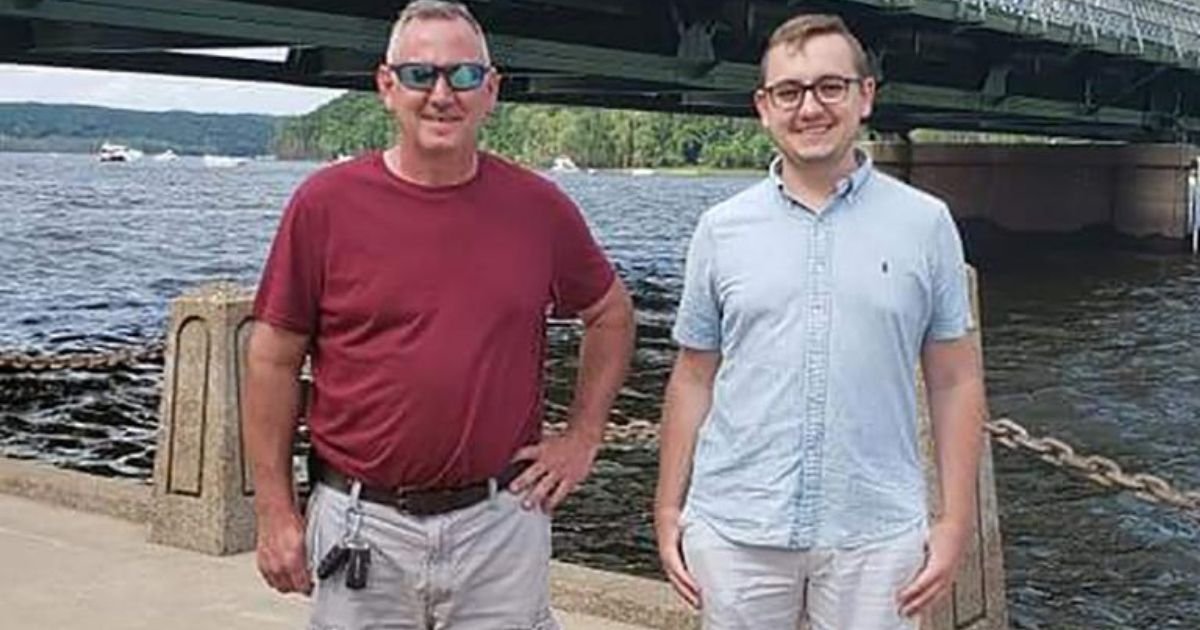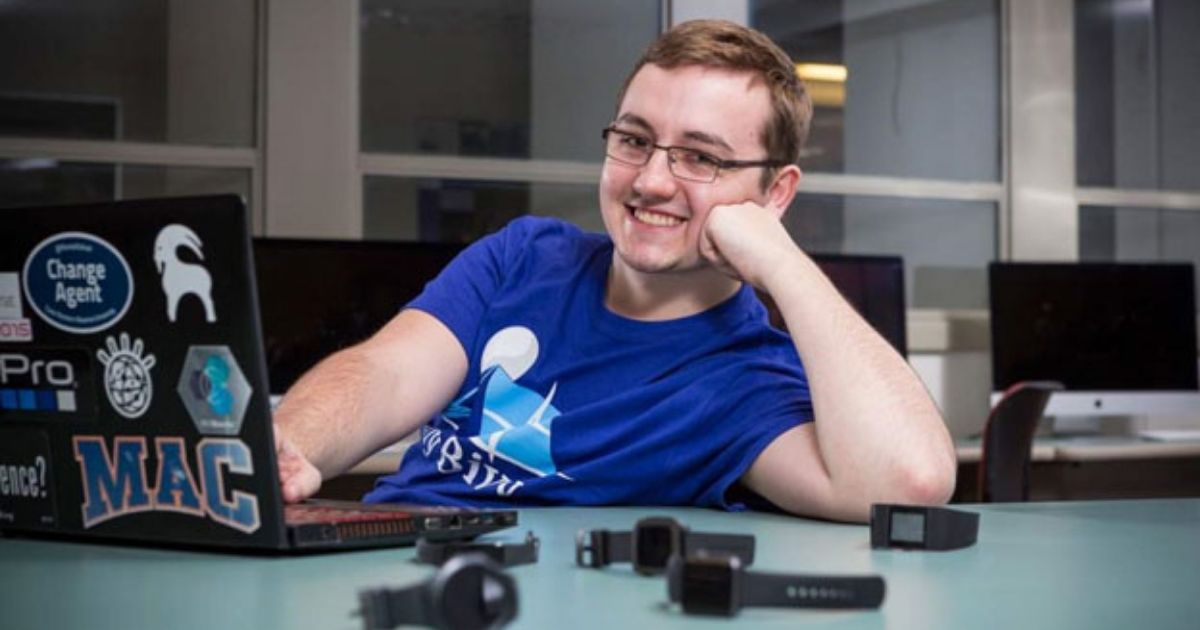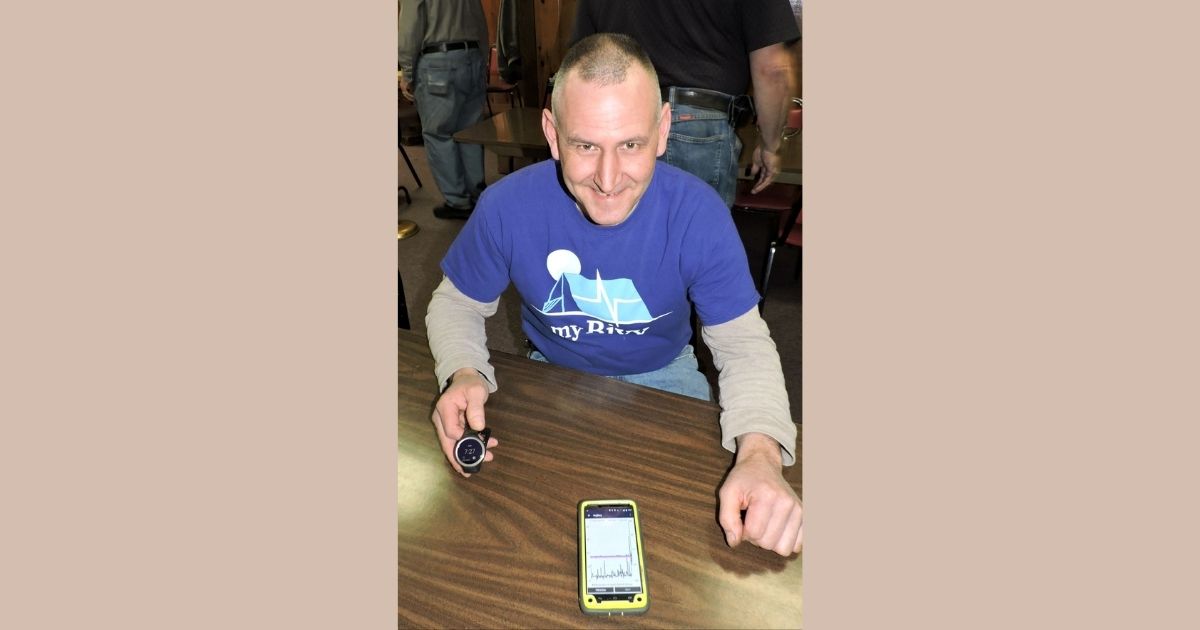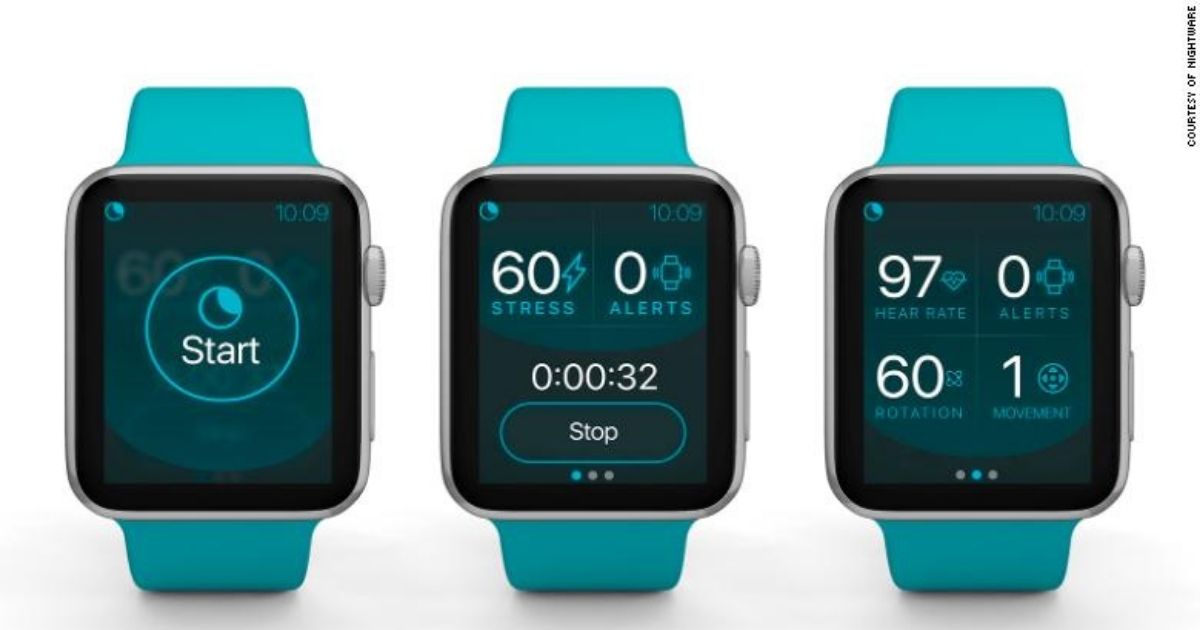When US Army veteran Patrick Skluzacek returned from Iraq in the mid-2000s, life was good — each day was another welcome home party, he had a paid month off work, and he was finally back with family.
But then, the nightmares started.
“I was scared of closing my eyes,” Skluzacek said in a CNN report. “They were just horrible, so vivid, I’d wake up thrashing and sweating. And Veterans Affairs didn’t have a cure for it. They just had people with nightmares, people killing themselves, and they didn’t understand why.”
His son, Tyler Skluzacek, 27, knew his dad had changed.
“I was just 13 when he came back from Iraq, but I knew he was a completely different person,” Tyler said. “He used to be so active and happy. After the war, he was just depressed, lethargic, irritable, and the worst part is he wasn’t sleeping. It was hard seeing my Dad like that.”
Suffering from PTSD, the US army veteran had nightmares that haunted him for years.
In 2015, during Tyler’s senior year at Macalester College, he created a smartwatch app that tracks, manages, and stops nightmares to help his dad. Tyler invented the application which is now called NightWare.
In November, the device received FDA clearance and works by using a person’s heart rate and movement to detect when they are having a nightmare. It then emits gentle vibrations to pull them out of the nightmare without waking them up.
Patrick retired from the Army in 2012 as a sergeant first class after a 22-year career. In 2006, he served a tour in Iraq.
During the majority of his 12-month deployment, he was a US Army convoy commander, managing fuel deliveries to Fallujah and Ramadi — two strongholds of the Iraqi insurgency at the time.
Patrick said that once he came home and the nightmares began, the only way he was able to sleep was by drinking alcohol before going to bed. Eventually, that turned into mixing alcohol and pills, anything, that wouldn’t keep him up.
“I just kept drinking more and more. It got to the point where when I woke up from a nightmare at 3 a.m., I’d just have another drink. It caught up with me really fast,” Patrick said. “I lost my job. And then I lost my wife, and then the alcohol got worse and I lost our home. I lost everything, really.”
The haunting nightmares lasted for nine years until his son Tyler was able to develop the app. With his dad’s help, Tyler tested out multiple prototypes of the app using an Android phone and a Pebble watch until he perfected it to the point where he says his father’s nightmares stopped entirely.
“At that moment my entire life changed. It was literally night and day, all of a sudden, everything stopped. I was sleeping so much better,” Patrick said. “My now-wife tells me all the time, she’ll feel me thrashing before hearing the watch buzz, and I’d go back to snoring. My appetite came back, I couldn’t stop eating, so I gained back all the weight I lost from everything.”
After many years of fighting his dependence on alcohol and sleeping pills, struggling to return to his normal life, Patrick says he was finally at peace again.
“It was really heartwarming. My dad and I never had much in common, he was the big trucks and NASCAR guy and I was the dork who played violin,” Tyler said. “But there are no words to describe the feeling to be able to help him in this way, so we became so much closer because of that. Helping someone that close to you is just an incredible thing to see.”
In 2017, Tyler sold the rights of his PTSD app to NightWare.
“My goal was saving my father, so mission accomplished. Now my goal is helping as many people as possible, but even if it just helps one person, it will all be worth it,” Tyler said.







